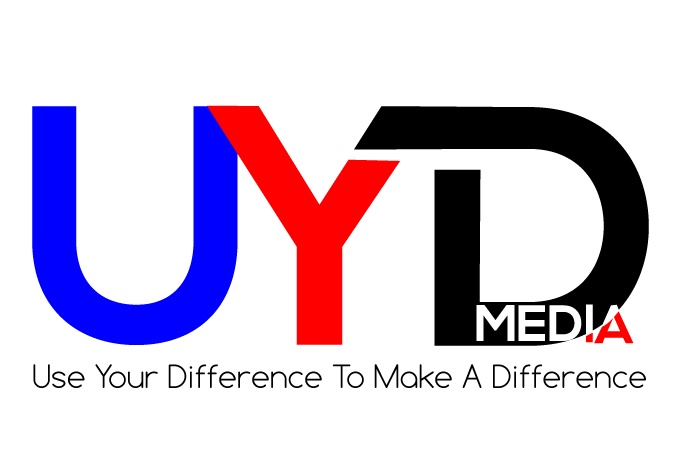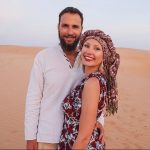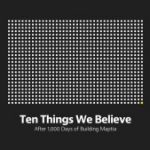Sanjeev was arrested in October of 2003 with four friends; they were taken to the barracks, the reportedly to the banks of a river in Godar, Nepal, and shot dead by the army on suspicion of being Maoists[1]. This became clear only after exhumation of corpses in 2010, following years of tireless advocacy by Jai Kishor Labh’s, Sanjeev’s father. Unfortunately, JK Labh died in a few months before exhumation, aged 59.
Sanjeev was one of the 13.000 killed and thousands forcibly disappeared in the 10 year conflict in this country otherwise known for Mt Everest, the Himalaya and Anapurna range, and being the birthplace of Buddha.
The stark reality is that conflict brought loss, that the peace agreement did not bring justice, leaving jails as empty as the hearts of those who will never know what happened to their loved ones, nor seem the guilty punished.
My role was to create a way for the voice of human rights defenders such as JK Labh, to be heard, to resonate like a drum in the forest, taken further and further by the wave of tam-tam through the network of Peace Brigades International, the organisation I worked with; to reach dormant politicians in Europe, the US, Australia, Canada.
It was also important to keep the smaller waves closer to shore in movement, avoid the uncomfortable issue of disappearances while in army custody to be brushed aside, by keeping foreign Embassies and representatives aware and engaged while working to support the Nepal National Human Rights Commission in the pursuit of justice by showing international support, as well as pressure.
The organisation also directly supported JK Labh in his own pursuit of justice by minimising the threats he received because of his work, thus supporting the continuation of his advocacy. This we did by accompanying him publicly as an international organisation, and by making the threats known to the local and international network.
Do I use my difference to make a difference? I have thought about this and feel it is the need to be different that drives the wish to make a difference, and this in turn has possibly made me different. I am not driven by altruistic motives necessarily; more a combination of a sense of justice and a thirst for knowledge that brought me to travel beyond my comfort zone. When I think of it, I question whether it is even a choice as much as a need. The path admittingly can be lonely: leaving behind loved ones, planning in short termism. Internet and social media are useful tools unbound by space that allow for networks beyond borders, while the need for local interactions enhances the ability to connect to new people in new places. Yet starting anew is as exciting as it is challenging. Never being somewhere long enough may affect the depth of relations to community, people and place, making me question if this lifestyle may lead to superficiality, or if it is in fact superficiality that allows for such life choice. But it is mostly the realisation that over the years that sense of citizenship, belonging and home, have had to shift in shape and form. This is hurtful process, yet looking back, I am happy of the choices I made. Looking forward, I look to reflect more on the meaning of ‘home’.
[1] Rana T, (2014), Half truths no justice, Nepali Times 23 July 2014, available on but mostly realising that sense of citizenship, belonging and home, have to shift in shape and form.
http://www.nepalitimes.com/blogs/thebrief/2014/07/23/half-truths-no-justice/




